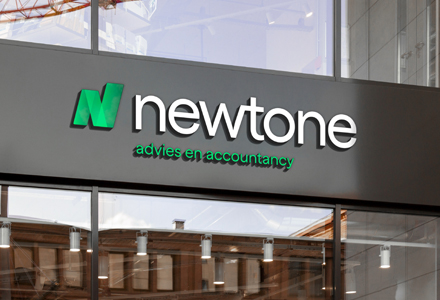It’s all in the hands at the global top of accounting firm PriceWaterHouseCooper (PwC). The firm is doing everything it can to defuse the international ramifications of Australia’s major trust issues.
The scandal revolves around classified documents from the Australian government, which PwC partners allegedly used to approach new clients in the technology sector for tax advice.
Government documents detail what Australia’s new tax avoidance laws and regulations will look like. This allowed PwC’s clients to start thinking about financial construction even before the law went into effect in 2016. The matter came to light during a Senate hearing, where internal correspondence from PwC came to light.
PwC has access to confidential documents as an advisor to the Australian Department of Finance. A PwC partner with decades of track record will share the document with his colleagues, who then pass it on to potential clients.
US customers
Internal emails then reach colleagues in the United States, Ireland, and the United Kingdom. American customers will especially benefit in this regard: millions of new services will be issued to companies in San Francisco. It is not yet clear whether and how many customers are using the information illegally.
The PwC partner alleged to have leaked the documents was part of a team of accountants advising the Australian Department of Finance. He has signed a strict confidentiality agreement. After the scandal broke, the man was banned from working in Australia for two years. He is no longer working at PwC.
This issue is especially sensitive at accounting firms, which for several years put the concept of ‘trust’ at the center of its business strategy after a number of scandals. The fact that this is happening in Australia is particularly painful. The country presents itself as a pioneer in the fight against tax evasion, but despite strict laws, it has been unable to control multinational corporations that have found ways to pay zero or reduced taxes.
Top man Tom Seymour of PwC’s Australian chapter has had to clear the ground on this issue, but it’s not enough for Australian politicians.
Labor Senator Deborah O’Neill demanded that the names of all partners sending the emails and companies receiving them be made public. “It’s not about some rotten apples. This is a cultural issue that extends far beyond Australia,” O’Neill told a British business newspaper. Financial timing
If O’Neill is successful, this problem could spread internationally. Something PwC wants to avoid at all costs. On Friday, a high-profile PwC delegation boarded a flight to Sydney, including PwC’s most senior lawyers and chief tax adviser. The top delegation wanted to try to calm things down right away – and at the same time get an idea of the scope of O’Neill’s corporate culture. PwC has now launched an independent investigation into the situation in Australia.
Name may be public
According to sources at Financial timing PwC will also be prepared to approach customers who may be involved in the case. There’s a chance they’ll soon hear their company name during hearings in the Australian Senate.
Although Australian politicians are now highlighting the role of accountants in international tax evasion efforts, the relationship between accountants and government was very close in the past.
The new government under Prime Minister Anthony Albanese is currently working on legislation to reduce dependence on the ‘Big Four’, accounting firms KPMG, EY, PwC and Deloitte.
A version of this article also appeared in the newspapers May 13, 2023.

“Falls down a lot. General tv buff. Incurable zombie fan. Subtly charming problem solver. Amateur explorer.”

/s3/static.nrc.nl/images/gn4/stripped/data100429995-3e3ff3.jpg)





